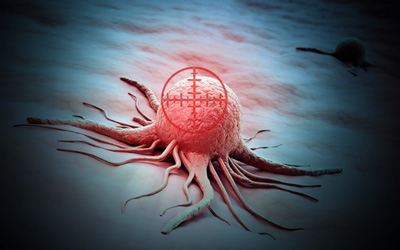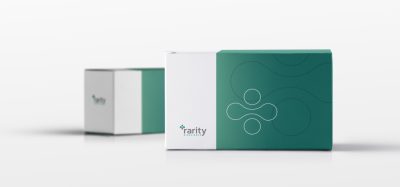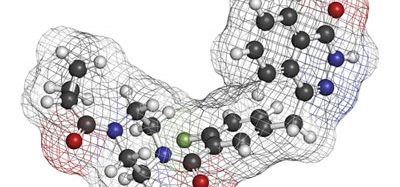Regen completes preclinical experimentation for its NR2F6 checkpoint inhibitor
Posted: 26 February 2016 | Victoria White | No comments yet
Regen has recently filed two patent applications covering the molecular pathways activated by NR2F6 silencing…


Regen BioPharma has announced the completion of experiments demonstrating immunological mechanisms of its novel NR2F6 gene silencing approach.
Subsequent to these experiments, the Company has begun the process of compiling an Investigational New Drug Application (IND) with the FDA for testing of this approach in cancer patients.
The experiments revealed that administration of Regen’s proprietary gene silencing compounds triggered cells of the immune system to profoundly produce growth factors such as interleukin-17 and interleukin-18. These factors are critical to inducing an anticancer immune response. The company is currently developing a cellular product that involves extraction of a small amount of patient blood, isolating specific immune cells from the blood, gene-silencing the NR2F6 target in the extracted immune cells, and subsequently re-administering the immune cells. The goal is to “reprogram” the immune cells to attack tumours.
“As an oncologist, I have witnessed firsthand the powerful effects of immune stimulatory drugs called checkpoint inhibitors that have recently entered the market. The experiments completed in our collaboration strongly suggest that NR2F6, Regen’s drug target, acts as one of the immunological checkpoints. We are excited to partner with Regen in bringing this new means of stimulating the immune system to patients,” said Dr Santosh Kesari, Director of Neuro-Oncology, Professor of Neurosciences and Chairman of the Department of Translational Neuro-Oncology and Neuro-Therapeutics at the John Wayne Cancer Centre, who collaborated with Regen on the experiments.
Regen has recently filed two patent applications covering the molecular pathways activated by NR2F6 silencing. These applications cover mechanisms by which interleukin-17 and interleukin-18, which are produced as a result of NR2F6 gene silencing, mediate various anticancer effects.
“One element of our operating strategy is to aggressively file intellectual property as we develop our product pipeline and mature our different assets into the clinic. By generating deep and broad intellectual property we aim to protect the significant valuation of these assets,” said Harry M. Lander, Ph.D., MBA, President and Chief Scientific Officer of Regen. “These preclinical experiments form the basis of our Investigational New Drug application with the FDA as well as the associated patent applications,” said Harry M. Lander, Ph.D., MBA, President and Chief Scientific Officer of Regen.
“The success of these recent sets of experiments is testimony to the expedience and efficacy in which science and commercial advancement can be achieved when one engages key opinion leaders such as Dr Kesari whose group has been performing these types of studies for more than a decade,” said Dr David Koos, CEO and Chairman of Regen. “We are pleased in having completed the preclinical efficacy portion of this program and look forward to the next phase of development, which we aim to culminate in clinical trials.”
Related topics
Oncology
Related organisations
Regen BioPharma







